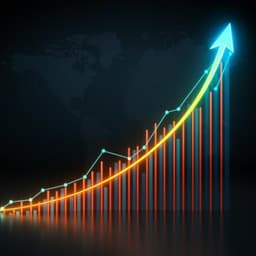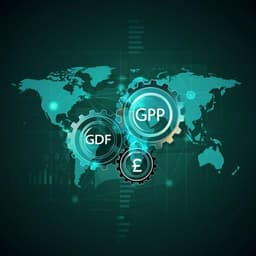
Economics
Effect of government expenditure on real economic growth in ECOWAS: assessing the moderating role of corruption and conflict
O. C. Okunlola, I. U. Sani, et al.
This study uncovers the significant impact of government expenditure on real economic growth in ECOWAS countries. Conducted by Olalekan Charles Okunlola, Imran Usman Sani, Olumide Abiodun Ayetigbo, and Olajide O. Oyadeyi, it reveals how corruption can enhance or conflict can hinder this vital relationship, underscoring the importance of effective governance.
Related Publications
Explore these studies to deepen your understanding of the subject.







